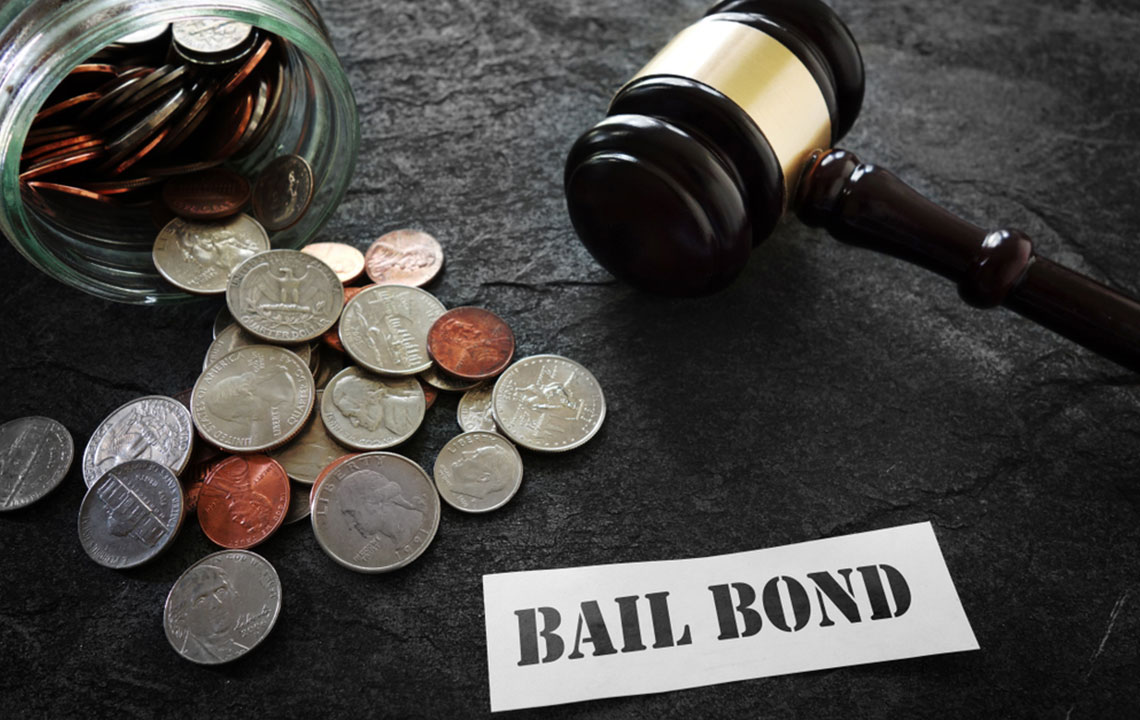Essential Types of Bail Bonds You Should Know
Learn about the three main types of bail bonds—cash, property, and federal—each serving different situations. Understanding these options can expedite the release process for detainees, whether involving cash payments, real estate, or federal cases. This guide provides essential insights into bail bond procedures and considerations to help navigate the bail system effectively.

Essential Types of Bail Bonds You Should Know
Understanding the bail process can be challenging, but securing a loved one's release is often urgent. Bail bonds provide a vital means to achieve this swiftly. There are several types of bonds available, each suited to different circumstances. Familiarity with these options can facilitate faster releases and peace of mind.
Cash Bond
Cash bonds involve paying the full bail amount in cash to the correctional facility. Typically, only cash is accepted, although in some situations, cashier’s checks or credit cards are permissible.
Most individuals lack immediate access to large sums of cash needed for bail, often amounting to thousands of dollars. In such cases, consulting a bail bondsman can be beneficial.
Property Bond
Property bonds, applicable in select states like California, involve using real estate or other valuable properties as collateral. They serve as an alternative when cash isn't readily available for bail.
The approval process for property bonds can be lengthy since it requires property appraisal and court approval. While cash bonds may release a defendant within hours, property bonds typically take weeks due to the required assessments and hearings.
Federal Bail Bond
For federal charges, a federal bail bond is necessary to secure release. These bonds can be paid via cash or property, and unlike other bonds, they can be handled directly by the court without a bail bondsman.
Important Note:
This blog offers a wide range of informative material across various topics to help readers better understand legal and financial processes related to bonds. However, the information should not be seen as final or comprehensive. Users are advised to seek professional advice for specific cases, as the content may vary from other sources, and benefits or schemes may differ.









